Citizen participation important driver of optimism in Europe
Citizens who feel their voice counts are not only more optimistic about their own future, but also about broader society and the institutions that govern their lives.

Citizens who feel their voice counts are not only more optimistic about their own future, but also about broader society and the institutions that govern their lives.

Eurofound’s Directorate met with Thomas Byrne T.D., Minister of State with responsibility for EU Affairs, in Dublin today to discuss the evolving role of the Agency in producing timely and relevant research on the implications of the COVID-19 pandemic on employment, the labour market and quality of life, as well as its strategic position as the only EU agency based in Ireland.
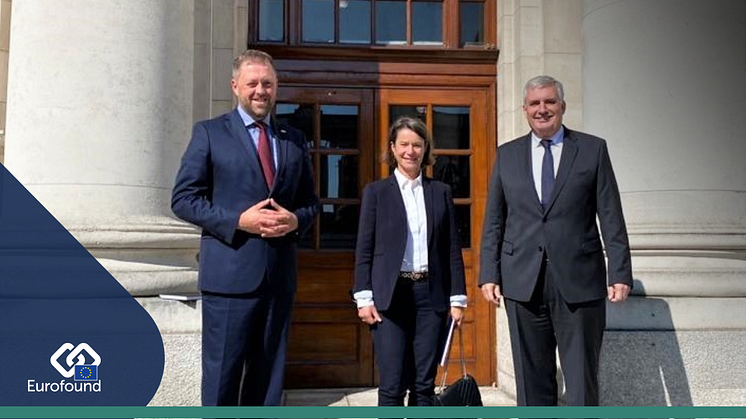
The shift to telework during the pandemic, and increased demand for more hybrid working arrangements in the future, is putting the spotlight on whether existing labour legislation is fit for purpose in post-pandemic Europe, according to Eurofound’s new report Right to disconnect: Exploring company practices.
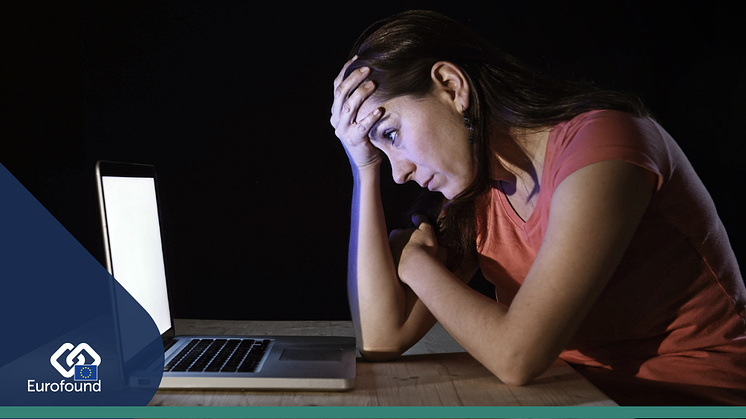
As Europe moves to the final stages of its initial vaccination programme, workers are now returning to offices and other places of work, and citizens in general are reengaging into the community. Eurofound will be releasing important new research this autumn investigating how COVID-19 has impacted our lives and what these changes mean for Europe.
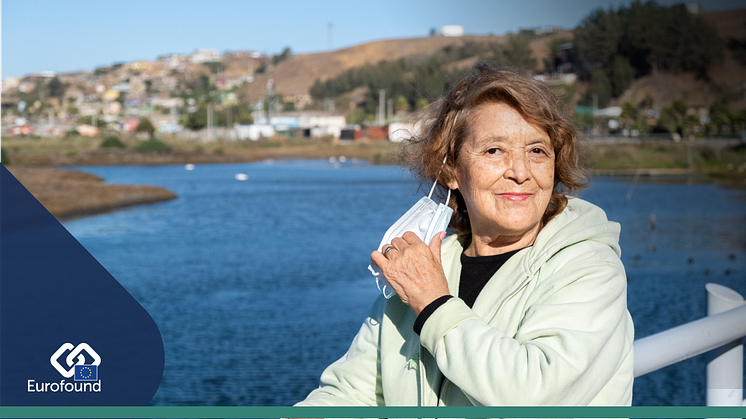
More than 9 out of 10 establishments with 10 or more employees in Slovakia report difficulties in finding suitable candidates for open positions, according to a recent Eurofound report on ‘Tackling labour shortages in EU Member States’. This is the highest proportion in the EU, followed by Romania (90%) and Malta (88%), while rates are lowest in Denmark and Greece (both 57%).

In spring 2021, around 5% of people in Belgium, who had been employed before the pandemic, reported having lost their job. Compared to the EU average of 10%, Belgium fares comparatively well, with only neighbouring Luxembourg and the Netherlands reporting lower figures, according to Eurofound’s large-scale Living, working and COVID-19 online survey.

Following the declines in employment rates and working hours across Europe in 2020,i economies began to show signs of recovery during the first quarter of 2021. The gradual rekindling of economic activity has led to a surge in demand for workers and reawakened concerns over labour shortages.

The social and economic impacts of the COVID-19 crisis threaten to roll back recent progress in gender equality, including an overall trend of upward convergence.
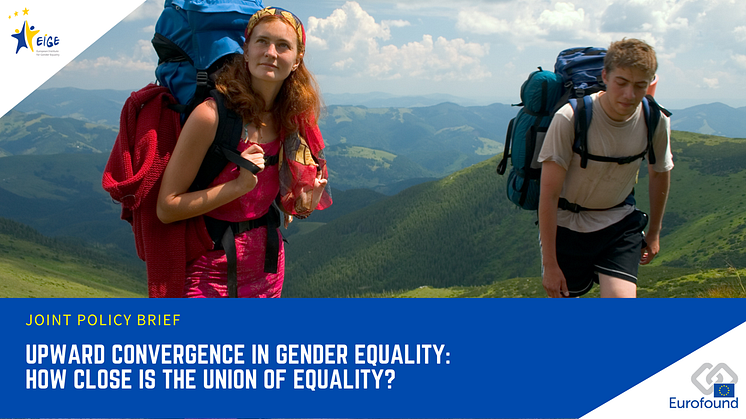
Fewer than 50% of people in France are likely to take the COVID-19 vaccination, according to Eurofound’s large-scale Living, working and COVID-19 online survey. In February and March 2021, just 48.7% replied that they were likely or very likely to get vaccinated against the COVID-19 virus when it becomes available to them. This is considerably lower than the EU average at 64.4%.

Achieving climate-neutral objectives established at European and international levels, such as in the UN Sustainable Development Goals and the European Green Deal, needs broad-based support and cross-departmental policy development at national, regional and local levels.

As we leave behind the lockdowns and business disruptions of COVID-19 and enter a ‘new normal’, it is time to talk about how workplaces might be transformed to drive innovation.
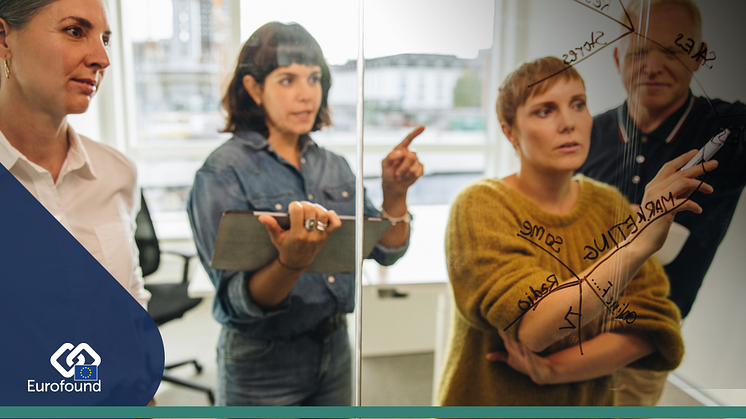
Slovenians have fared comparatively well in terms of mental health during the COVID-19 pandemic compared to their EU counterparts standing at 53.2 on a scale of 100, behind only Denmark and Finland. According to Eurofound’s large-scale Living, working and COVID-19 online survey, the EU average was 45.3 in spring 2021.
